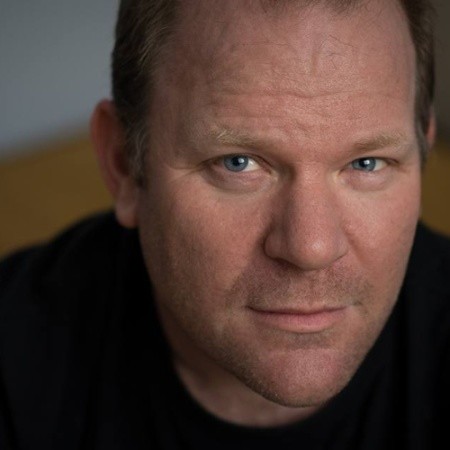U.S. and China trade barbs over Huawei in Angola
Zhao Lijian rebuked a recent warning from the United States to Angola and other African governments not to use equipment made by Huawei.

Chinese Foreign Ministry wolf warrior spokesperson Zhào Lìjiān 赵立坚 used especially pointed language during Monday’s regular press briefing in Beijing to denounce U.S. Deputy Secretary of State Wendy Sherman’s recent warning to Angola and other African governments not to use equipment made by Huawei 华为.
Sherman made the remarks during her own press briefing last Friday following a visit to the Angola offices of the U.S.-government-backed mobile phone company Africell, where she restated long-standing U.S. concerns about purported spying and privacy risks associated with Huawei.
Zhao, for his part, was having none of it and ran through a litany of counterpoints about U.S. digital espionage abuses and declared that it was the U.S., not China, that compromises the sovereignty of African governments.
What Wendy Sherman said:
It’s not about throwing shade on Huawei. We’ve been very direct. We believe that when countries choose Huawei, they are potentially giving up their sovereignty. They are turning over their data to another country. They may find themselves bringing in a surveillance capability they didn’t even know was there.
So we’ve been very public about our concerns about Huawei, and so we are glad that Africell can provide to the people of Angola a safe, capable tool in their hands to reach out to the world.
How Zhao Lijian responded:
The U.S. official’s groundless and denigrating remarks about China only serve to expose the U.S.’s malicious attempt to contain China and sow discord in China-Africa cooperation…
I also want to stress that it is up to African countries and people to decide with whom they choose to cooperate. The U.S. is in no position to lord it over them. A few questions to some U.S. officials: Did the U.S. respect the sovereignty of African countries and right to privacy, and consider the security of other countries as it conducted long-standing cyber theft, surveillance, and monitoring against foreign governments, companies, and individuals, including those in Africa, in a planned and organized manner?
Did the U.S. respect the sovereignty of African countries when it flagrantly interfered in the internal affairs of African countries like Ethiopia and Zimbabwe and imposed unilateral, illegal sanctions on them? Did the U.S. respect the sovereignty of African countries when it attached many political strings to African exports to the U.S.?
Meanwhile, the contentious investigation in India into allegations of financial mismanagement by Chinese tech giant Xiaomi 小米 is now escalating into a diplomatic controversy between the two countries.
Zhao Lijian on Monday responded to accusations that Xiaomi executives have been assaulted and called on the Indian government “to provide a fair, just and non-discriminatory business environment for Chinese companies.”
Related:
Ethiopia launches Huawei-powered 5G network in Addis Ababa / China-Africa Project (paywall)
This article is republished from the China-Africa Project with permission.






